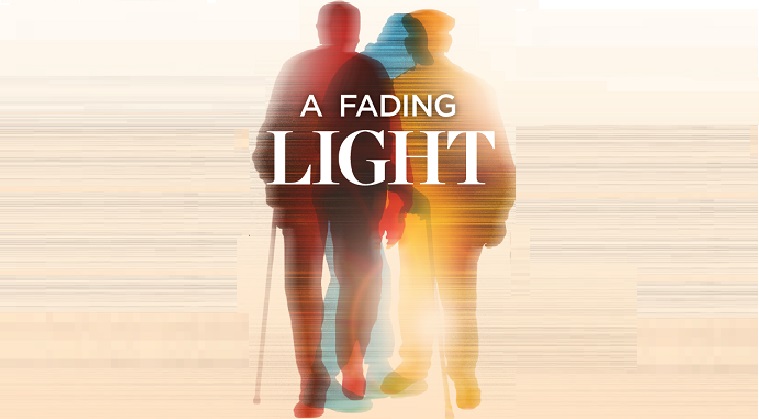A Fading Light: Chapter 11

Clearly, reframing involves redefining terms like “happiness”

C
aregiving and grief make us feel powerless. We can’t control the course of a loved one’s illness and decline, nor the negative emotions that flood us. But by choosing to focus on something positive, however small it might be in the larger scheme of things, we gain a sense of agency and also feel better about our circumstances and become more energized to deal with our challenges. Psychologists call this reframing, deliberately shifting our point of view of any given situation.
In his book From Death Camp to Existentialism, Victor Frankl explains how finding something positive to focus on — in his case, planning how he would use his devastating experience to teach others — helped him survive in the concentration camps. It kept him from being defeated by the suffering, loss, and despair that threatened to engulf him.
Our struggles as caregivers and grievers are hardly comparable, but there is a lesson to be learned here. Like Frankl, we need to find something positive to focus on during our darkest times.
I won’t pretend this is easy, but I can assure you that it’s worth the effort. At one point in my husband’s illness, I made a resolution that I’d take something positive away from each and every day. Some days this was easier to accomplish than others; often I had to be the one to make it happen.
I remember one night when I put on music after dinner and suggested we have a dance party. Dancing had never been an activity we enjoyed, but the simple truth was that we could no longer do many of the things that had enriched our lives in the past. So dancing it was.
And when I saw my husband z”l laughing as we clumsily twirled around in the living room, I felt a deep surge of joy. No question: That was a great evening! Recalling the fun we had would help carry me through the next day, despite the challenges it brought.
There were times, of course, when all of my efforts were for naught. On the other hand, there were many good moments that I didn’t have a hand in. Even on the worst days, there were little gifts, undetected, unless deliberately sought. It might be as small as a mischievous wink or a squeeze of my hand coming out of nowhere in an otherwise disastrous day, or the awareness that my husband was still trying to take care of me when he asked to hold my shoulder bag to lighten my load when we walked together.
Clearly, reframing involves redefining terms like “happiness.” It also involves something my daughter, a psychologist, often recommends to her patients: embracing the idea of “good enough.”
(Excerpted from Family First, Issue 649)
Oops! We could not locate your form.


